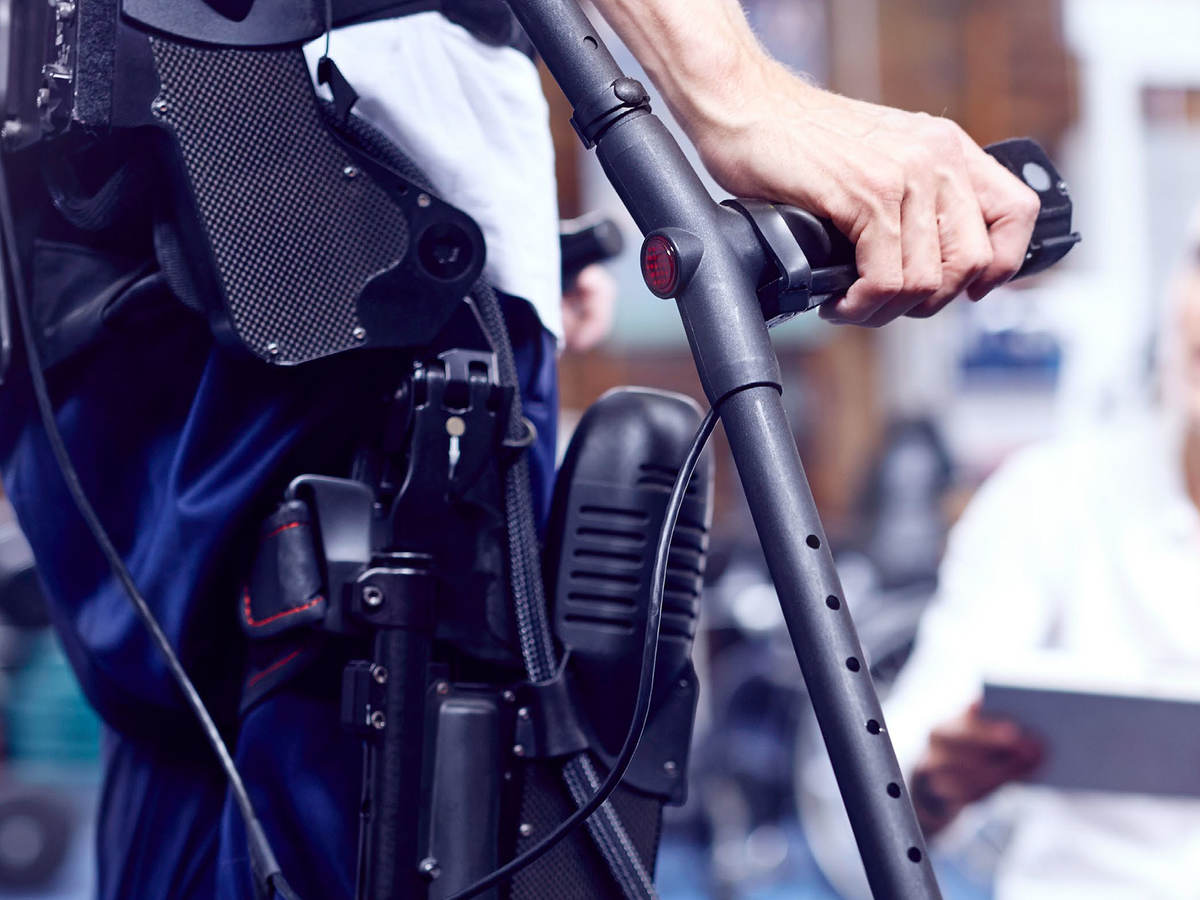Designing wearable medical devices for safe, effective, and satisfying use
The wearable medical device landscape is changing rapidly. An increasing number of medical devices that have traditionally stayed in place are becoming mobile, allowing people to go about their daily lives while the devices do their jobs. Making this vision come true will call upon people to be quite inventive regarding electromechanical and computing matters, but also from a user interface design, and more broadly, user experience design perspective. Therefore, wearable medical device developers are well-served to make significant investments in human factors.
In this white paper, human factors research and design experts at Emergo by UL discuss applying human factors engineering to wearable medical devices. You will learn:
- high-level HFE considerations for specific wearable device types;
- best practices for applying human factors in the device development process;
- regulator guidance and standards that address human factors for medical devices;
- specific recommendations for designing wearable devices;
- and more.





